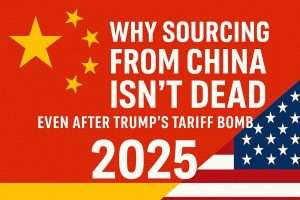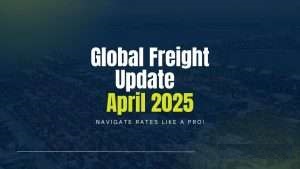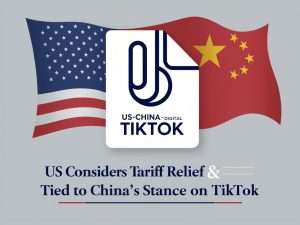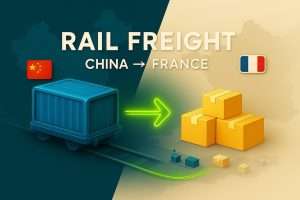The global shipping market is facing one of its biggest shifts in recent years, with profits for shipping companies expected to drop by over 80% in 2025. While this may sound like good news for importers hoping for lower freight rates, the reality is more complex and unpredictable.
For businesses and individuals shipping from China, this volatile environment could mean unexpected delays, fluctuating prices, and increased uncertainty. Understanding these changes will help you make better logistics decisions and keep your supply chain stable.
📉 Falling Freight Rates – What’s Really Happening?
Since January 2025, freight rates have fallen significantly. The Shanghai Containerized Freight Index (SCFI) has dropped by 47%, with major trade routes seeing steep declines:
✅ Asia → Northern Europe: Rates are 74% lower than December 2023
✅ Asia → Mediterranean: Rates are 96% lower
✅ Asia → U.S. (West & East Coast): Rates are still 40% higher than their lowest point in 2023 but are declining
At first glance, lower prices seem like an opportunity, but the reality is different:
- Freight rates are unstable – A drop today does not guarantee long-term savings. Rates could suddenly spike due to capacity shortages or geopolitical events.
- Longer transit times – Many carriers avoid the Suez Canal, forcing ships to go around the Cape of Good Hope, adding 10-15 extra days to transit.
- Limited space availability – Some shipping companies reduce their fleet capacity, making last-minute bookings more expensive.
If you rely on regular shipments from China, these disruptions could affect your business. That’s why a smart shipping strategy is essential.
🔴 Key Challenges Importers Face in 2025
⚠️ Geopolitical Uncertainty & Trade Tariffs
- The possibility of new U.S. tariffs on Chinese goods under the Trump administration could increase import costs.
- Trade policy changes may disrupt supply chains, leading to sudden rate hikes.
⚠️ Delays Due to Red Sea Disruptions
- Houthi attacks in the Red Sea have stopped for now, but tensions remain.
- Most shipping companies still avoid the Suez Canal, meaning longer transit times.
- If the situation escalates, costs could surge overnight.
⚠️ Unpredictable Shipping Market
- Increased competition among shipping companies has led to rate fluctuations and service cuts.
- Some carriers are reducing their vessel capacity, making last-minute bookings more expensive.
📦 What Should You Do to Protect Your Imports from China?
If you are importing goods from China, you need a proactive logistics strategy to avoid risks. Here’s how you can stay ahead:
✅ Plan Shipments in Advance – Don’t wait for last-minute bookings; space availability is uncertain.
✅ Secure Fixed Freight Rates – Lock in contracts to avoid price fluctuations and sudden increases.
✅ Use Multimodal Shipping – Consider a mix of sea, air, and rail freight for flexibility and reliability.
✅ Work with an Experienced Freight Partner – HAI International Holding helps businesses navigate volatile market conditions and find the best shipping solutions.
HAI International Holding: Your Reliable Freight Partner for 2025
At HAI International Holding, we specialize in helping businesses and individuals import from China with confidence. Whether you need:
✔ Cost-effective shipping solutions
✔ Optimized transit times
✔ Customs clearance and hassle-free logistics
📢 Contact us today to secure your freight strategy and avoid costly surprises in 2025! 🚀












